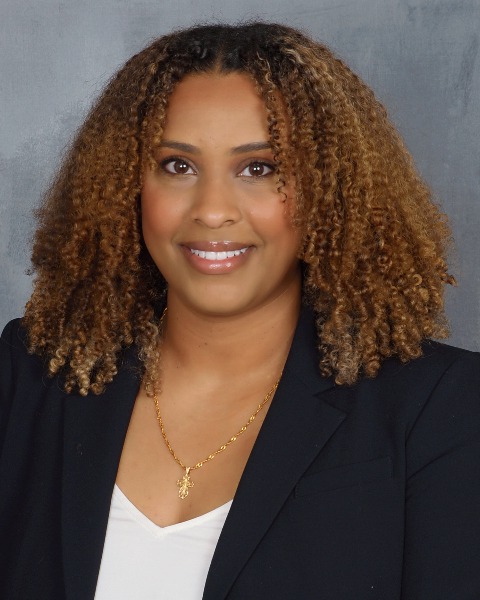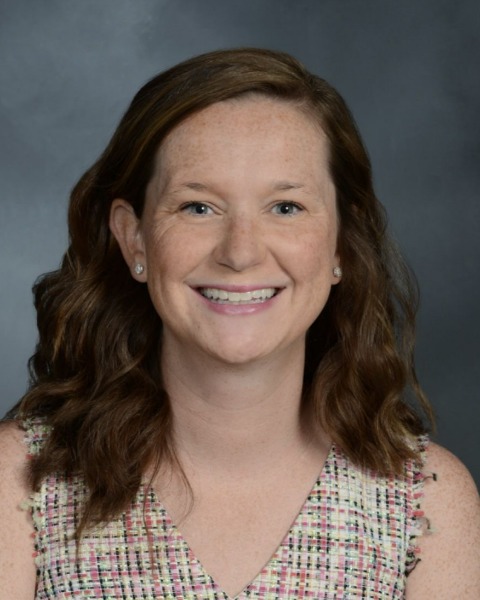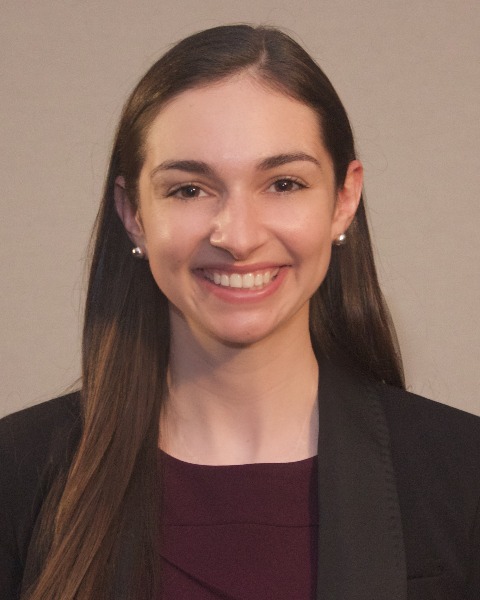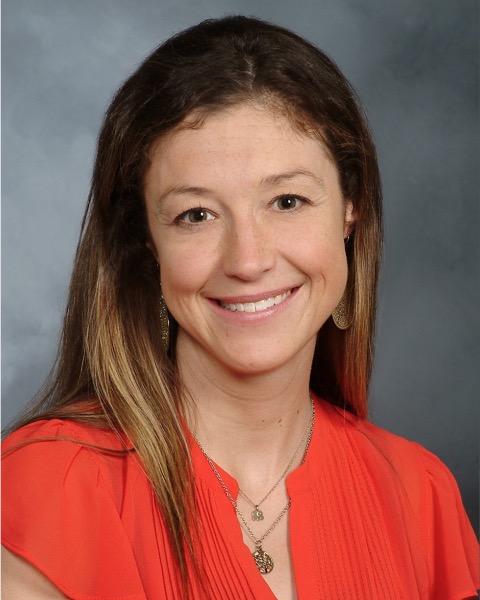Medical Education
Academic and Research Skills
Trainee
G-tubes, Trachs, Central lines, Oh my! How to teach medical technology skills
-

Senayit Demie, MD (she/her/hers)
Assistant Professor of Pediatrics
Morehouse School of Medicine
Decatur, Georgia, United States -

Hadley Brighton, MD, MA (she/her/hers)
Assistant Professor of Clinical Pediatrics
Weill Cornell Medicine
New York, New York, United States -

Nicole Kelly, MD (she/her/hers)
Pediatric Hospital Medicine Fellow
NewYork-Presbyterian Columbia/Cornell
New York, New York, United States -
.jpg)
Allison Pressimone, DO (she/her/hers)
Fellow
New York Presbyterian, New York, United States -
TS
Theresa Scott, DO, MS
Weil Cornell Medicine, United States
-
DL
Divya Lakhaney, MD (she/her/hers)
Associate Professor of Pediatrics
Columbia University Vagelos College of Physicians and Surgeons
New York, New York, United States -

MacKenzi Preston, MD, MHPE (she/her/hers)
Assistant Professor of Pediatrics
Weill Cornell Medicine, New York, United States -
KT
Katherine Tang, MD (she/her/hers)
Assistant Professor of Pediatrics
Columbia University Vagelos College of Physicians and Surgeons
New York, New York, United States -
.jpg)
Sumeet Banker, MD MPH (he/him/his)
Associate Professor of Pediatrics
Columbia University Vagelos College of Physicians and Surgeons
New York, New York, United States -
BS
Brooke Spector, MD (she/her/hers)
Assistant Professor of Clinical Pediatrics
NYP Weill Cornell
New York, New York, United States
Leader(s)
Co-Leader(s)
Workshop
Description: An increasing number of children now rely on essential medical technologies such as gastrostomy tubes, tracheostomies, central venous lines, and VP shunts to support their health. Regrettably, there is currently a noticeable absence of comprehensive training on this critical subject across the medical education spectrum. Trainees must acquire knowledge about these devices, understand their indications, master troubleshooting common issues, and effectively address frequently asked questions from caregivers. Equally, caregivers must learn how to safely operate their child’s medical devices and troubleshoot common challenges within the confines of their homes, often without direct medical supervision.
Our interactive workshop aims to bridge this educational gap. Participants will explore a range of teaching methods tailored to learners at different stages and in diverse settings. This includes a hands-on workshop tailored to medical students, a framework for bedside instruction for medical trainees, and a caregiver-focused simulation program. Experienced facilitators in medical technology education will lead small groups, guiding participants in developing strategies customized for their respective institutions or practices. By the workshop's conclusion, participants will depart equipped with a diverse toolkit of teaching strategies, empowering them to return to their home institutions armed with resources and objectives to drive meaningful change.
Learning Objectives:
- Create buy in on the importance of incorporating education on medical technology devices.
- Practice three different methods on how to incorporate education on medical technology devices.
- Construct a toolbox of at least three methods on how to incorporate education on medical technology devices.
